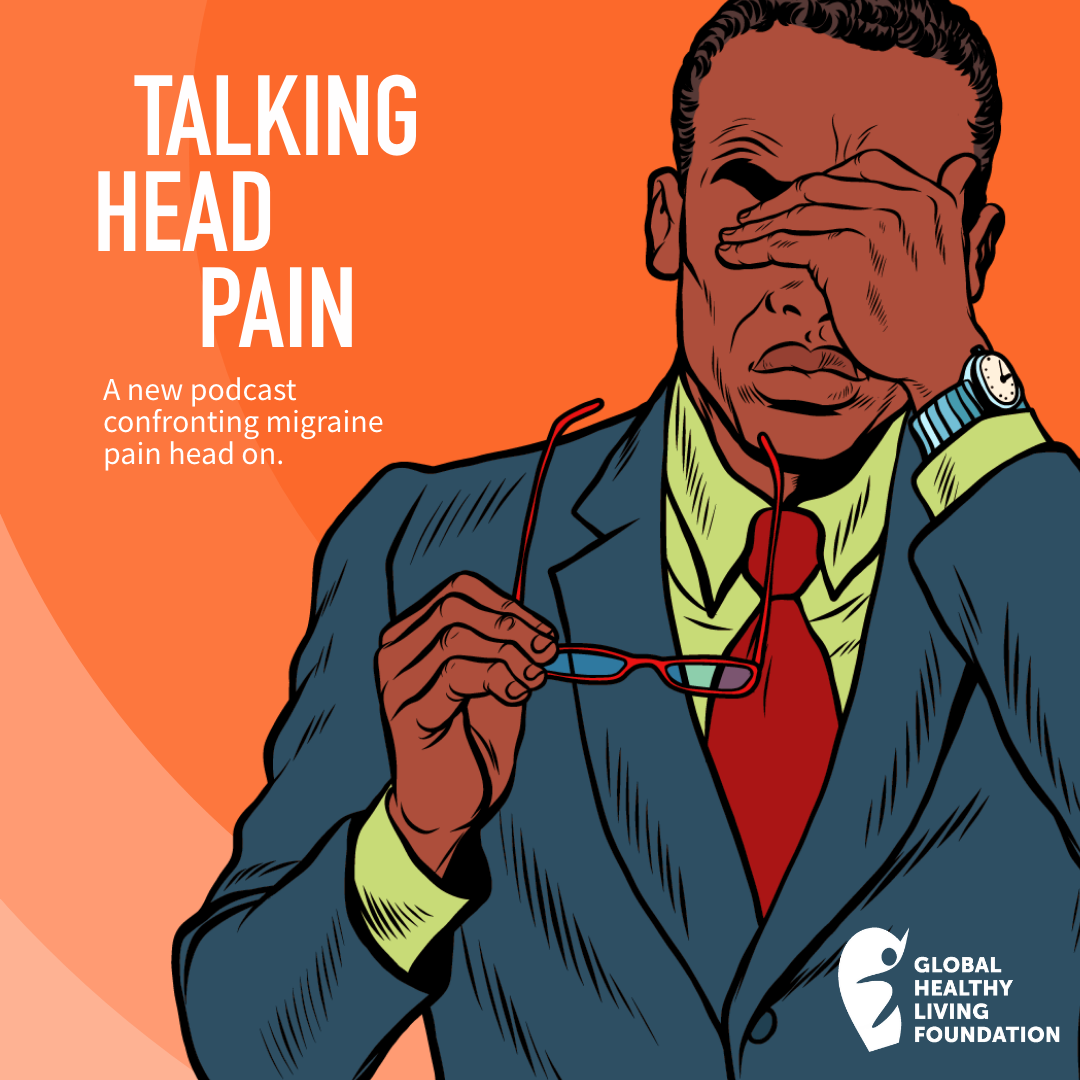

The curve around the base of the mountain opens to a yawning valley below. Emerald vineyards fill the landscape alongside the sparkling blue waters of Osoyoos Lake. The temperature steadily climbed from five to 25 degrees Celsius as we exited from the lush mountain forest of Manning Park. We take a break at a rest stop to stretch our legs.
My arms are stiff from driving for the last couple of hours, and the tingling of blood flowing into my extremities is a welcome relief. We’ve just come through the first mountain pass, encountering some rain and light flakes of snow. We are only halfway to our destination.
My husband and I take an international trip every spring, but not everyone with a chronic condition like rheumatoid arthritis (RA) can travel by plane. A road trip can be a practical, accessible option for those of us with rheumatoid arthritis.
There are little to no packing restrictions, allowing me to bring anything I need to manage my RA and stay happy and relaxed. The schedule is entirely under my control. I decide when and where to go, how long to travel, and how long to stay. There are no security lines or the need to rush for a plane or a boat (unless you’re catching a local ferry).
A road trip across Canada, and even the distance across my province of British Columbia, is deceptively long. What looks like a short trip is a much longer drive than expected. For example, if I left the westernmost part of Vancouver Island and drove to the next province, it would take me about 15 hours without traffic and rest stops.
The road trips we take every year are moderate in distance, but they still require a lot of planning. Here are some things to consider when road-tripping with RA.
Prepare Your Vehicle
Make sure your vehicle is tuned up with good tires to handle twisting roads, steep grades, hail, and snow. The drive through the B.C. interior is not a straight line; highways can be unforgiving. There are sharp curves around sheer cliffs and narrow roads.
Mudslides are common, especially in the spring and summer. Many of the roads wind alongside huge rock faces where chunks of rock can come loose and tumble down to the road. Be prepared to travel through many micro-climates.
Pack the Essentials
Pack an emergency kit in your car that has non-perishable food, water, sunscreen, a first-aid kit, medications, blankets, change of clothes, flashlights, and flares or orange cones to signal for help. Carry extra oil, radiator and washer fluid, as well as a spare tire and jack.
It’s also wise to become a member of an emergency auto service. If you break down on a mountain pass, cell service may be spotty or unavailable, so be prepared to wait for a few hours. You may even need to spend a night in your car.
I also bring the tools I need to manage RA flares if one should happen on the road. A plastic Ziplock bag is perfect as makeshift ice pack once you’re at the hotel. Most accommodations have small fridges to store medications and kettles to fill hot water bottles.
My hot water bottle comes with me everywhere, along with all my creature comforts to get me through a flare — books, notebooks, movies, and blankets — anything that will distract and give me time for my body to restore itself.
Pack more medication than you think you might need in case you run into delays coming home.
Plan Your Stops
Planning your stops along the way is especially beneficial for someone with RA. Instead of driving 10 hours to your destination, break up the journey by spending the night in one of the many little towns along the way. This gives you time to recharge, stretch your limbs, and prevents exhaustion. Some towns are popular destinations during the summer months, so planning is advisable. Alternatively, you can travel before the high season begins.
Mind Micro-Climates
Travelling through the interior of B.C. means I will travel through many micro-climates, from rain and fog through Manning Park, to hot desert temps in the Okanagan Valley, to snow and hail through the high mountain passes.
Temperatures can dip and rise quickly, ranging from zero to 30 degrees Celsius. The sun is powerful in the desert regions, so make sure to bring plenty of water to stay hydrated and sunscreen to protect against sunburn. Bring snacks to keep you energized between towns. Have pants, sweaters, rain and/or snow gear on hand in case you encounter snow in the mountain passes.
Use Rest Stops
Rest stops along your journey offer scenic places with picnic tables, restrooms, and sometimes a small kiosk with water and snacks. Take advantage of these stops, as there can be long stretches before the next one.
Driving with RA is challenging, because staying in one position for a long time can cause your muscles and joints to stiffen. If you’re traveling with a partner, take turns driving so one of you can rest. Driving when tired and sore will reduce your reaction time on the highways.
Be Aware of Wildlife
Watch for wildlife – bears, moose, deer, elk and mountain goats are plenty. Pay attention to signs and be cautious driving in those areas. Respect their space. People will often stop to avoid hitting an animal or to take a photo, so be aware as you come around a blind corner. Hitting a deer or a moose with your car can be just as catastrophic as another vehicle hitting your car.
Enjoy the Journey
Road trips are as simple or as complicated as you make them. Explore the area you live in. They can be as short and sweet as a three-hour drive to a charming bed and breakfast by a local lake, or as ambitious as a weeklong journey through multiple towns.
There are lots of hidden gems filled with stories and histories that are just as fascinating as the streets of Paris, and they are much more affordable when on a budget.
There’s nothing quite like curling up in a blanket with a book and a hot water bottle watching a rainbow arc over a lake after a summer storm. Sometimes the most modest trips have more value than flying halfway around the world.
Stay in Touch with CreakyJoints Canada
Part of the nonprofit Global Healthy Living Foundation, CreakyJoints is a digital community for millions of arthritis patients and caregivers worldwide who seek education, support, advocacy, and patient-centered research. All of our programming and services are always provided free of charge. As we grow CreakyJoints Canada we want to hear from you. Please join our email list to stay connected, learn about new content and initiatives, and send us suggestions and ideas.





